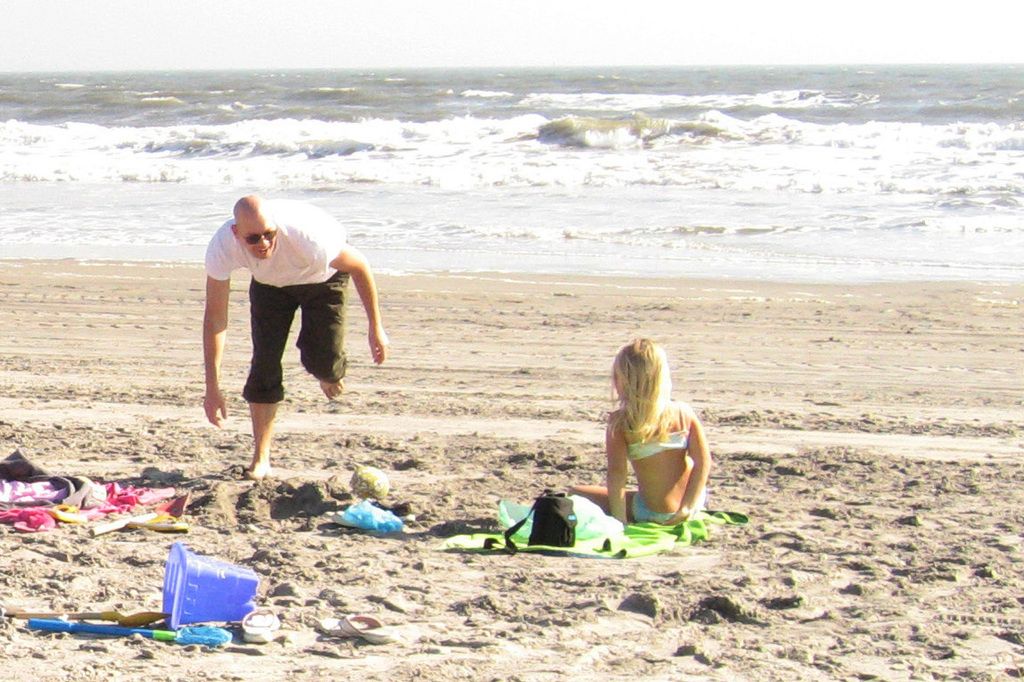Kremlin's Pressure Pushes Russian Central Bank to Slash Key Interest Rate Unexpectedly
Russian central banking institution unexpectedly lowers key interest rates.
In spite of Russia's struggle with high inflation due to a switch to a war economy, the central bank in Moscow stood firm with maintaining a high key interest rate. However, caving to political pressure from the Kremlin, these currency guardians have now taken a u-turn.
On June 6, 2025, the Russian central bank announced an unexpected reduction of its key interest rate from a whopping 21 percent down to 20 percent. The future decisions, as they assured us, will depend on the pace and longevity with which inflation declines.
Economy Minister Maxim Reshetnikov had pleaded with the currency guardians to temper their monetary policy this week. "We aim to achieve a timely relaxation of monetary policy to maintain the growth target of 3 percent set by the president in the coming days," said Reshetnikov [1]. Economists anticipate that Russia's economic growth will slide to a mere 1.5 percent in this year, while the government has a more optimistic forecast of 2.5 percent growth [1]. Back in 2024, the country managed a remarkable plus of 4.3 percent [1].
The central bank now finds itself in the middle of a pressure cooker from the economy, too. Previously, bank governor Elvira Nabiullina held firm against calls to lower interest rates, arguing that a sustained decline in inflation rates must take precedence before any cuts could be considered [1]. Currently, the inflation rate hovers around 10 percent.
Since the attack over three years ago on Ukraine, Putin has transformed Russia into a war economy, thereby disrupting the equilibrium. Consequently, numerous companies outside the defense sector face skilled labor shortages, resulting in above-average wages to retain employees [2]. These increased labor costs are primarily passed along to customers. Furthermore, businesses grappling with high interest rates suffer from exorbitant borrowing costs for investments.
[1] ntv.de, mdi/rts
[2] Additional Factors to Consider
- Easing Inflation Pressures: Lower inflation rates allow for a rate cut to pump economic growth [1].
- Economic Slowdown: An anemic GDP growth of 1.5 percent year-on-year in the first four months of 2025 suggests the need for a stimulus [1].
- Political Pressure: The Russian Economy Minister, Maxim Reshetnikov, has urged the central bank to cut interest rates [1].
- Boost to Economic Growth: Lowering interest rates can make money borrowing cheaper, potentially stimulating investment and consumption [1].
- Inflation Concerns: Despite the current decrease in inflation, the central bank remains wary and intends to retain a tight monetary policy to maintain inflation targets [1][2].
- Exchange Rate Impact: The stronger rouble calms inflation by making imported goods cheaper. Nevertheless, the central bank fears possible rouble depreciation resulting in brewing inflationary pressures [2].
- Global Economic Risks: The central bank is alert to the impact of a global economic slowdown and trade wars on Russia's economy, specifically if oil prices plummet and the rouble weakens [2].
Despite the continued struggle with high inflation and the need for a tight monetary policy to maintain inflation targets, the Russian central bank was swayed by political pressure from the Kremlin and elected to reduce its key interest rate from 21% to 20%. This move is anticipated to boost economic growth, making borrowing cheaper for businesses, potentially stimulating investment and consumption, but the central bank remains cautious about easing inflation pressures and the impact of a global economic slowdown on Russia's economy.
In addition to the political pressure from the Kremlin, the Russian economy is facing challenges from businesses grappling with high interest rates and skilled labor shortages due to Russia's transition into a war economy, resulting in above-average wages to retain employees and increased costs being passed along to customers.
[1] ntv.de, mdi/rts[2] Additional Factors to Consider








